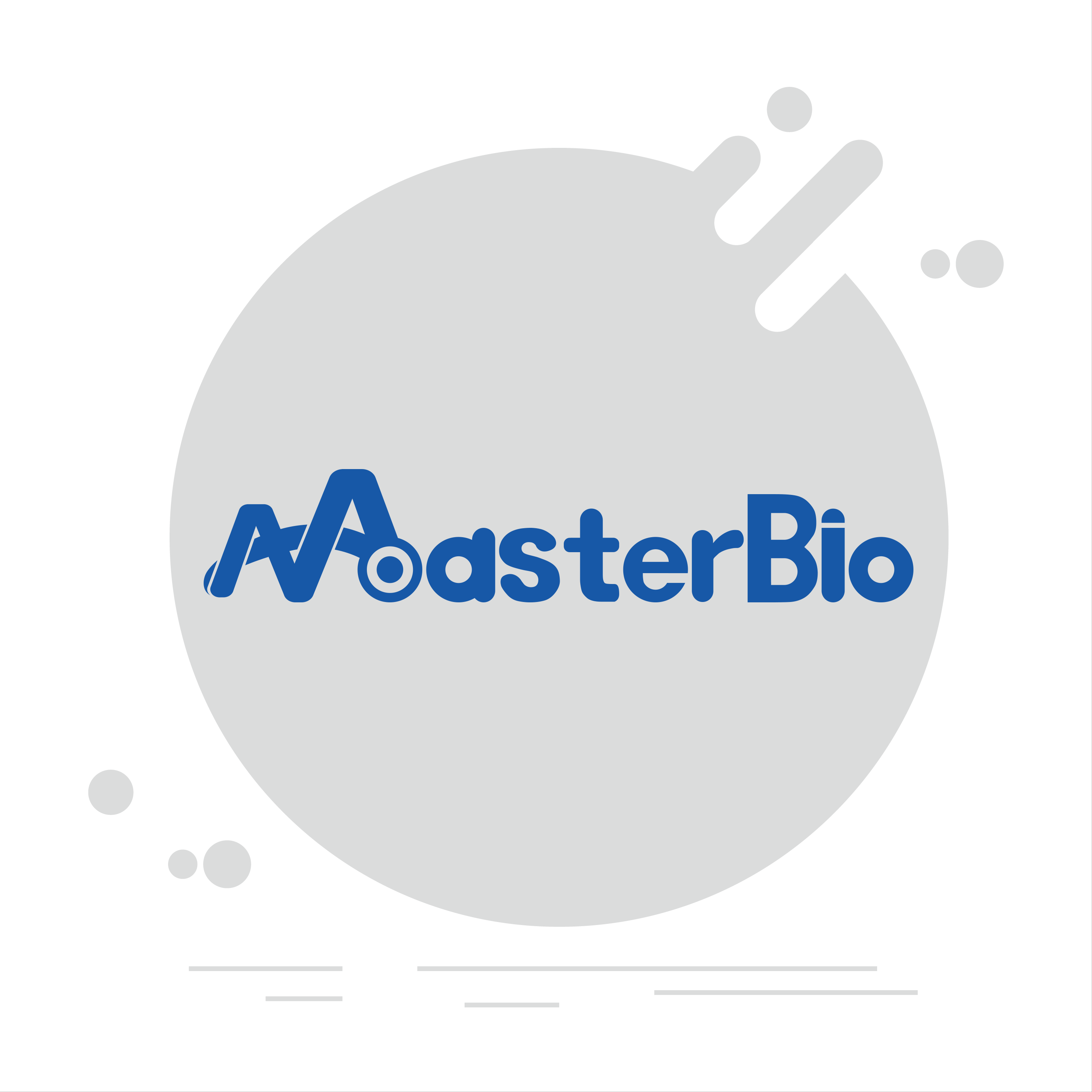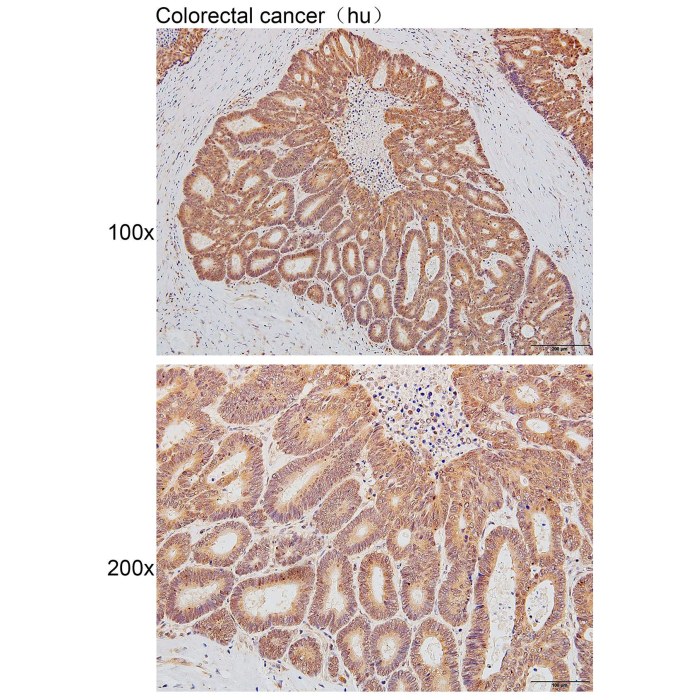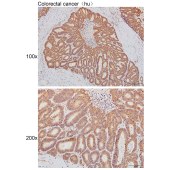Solarbio K111484P Anti-PRKCD Polyclonal Antibody
- 销售价:
- ¥768.00
- 市场价:
-
¥960.00 - 编号:
- 202302241034415
- 货号:
- K111484P-50ul
-
累计评价
暂无评价
- 月销量: 0
- 评分数: 0
- 评分: 0.0
- 数量:
-
看了又看
推荐商品
-
 ¥2200.00
¥2200.00
¥2200.00proteintech 23673-1-AP UCP1 Polyclonal antibody
-
 ¥1870.00
¥1870.00
¥1870.00ABclonal A1897 SLPI Rabbit pAb
-
![Abcam ab6002 Anti-Histone H3 (tri methyl K27)抗体[mAbcam 6002] - ChIP Grade](https://tsingke-shop.oss-cn-beijing.aliyuncs.com/upload/image/202311/masterbio_default_product.png) ¥4254.00
¥4254.00
¥4254.00Abcam ab6002 Anti-Histone H3 (tri methyl K27)抗体[mAbcam 6002] - ChIP Grade
-
 ¥2180.00
¥2180.00
¥2180.00BOSTER MA01106 Anti-Arginase-1/ARG1 Antibody (Clone#OTI4E6)
-
 ¥2180.00
¥2180.00
¥2180.00BOSTER BA0362 Anti-iNOS/NOS2 Antibody
商品介绍
英文名称
Anti-PRKCD Polyclonal Antibody
靶标
PRKCD
别名
SDK1;nPKC-delta;
宿主
Rabbit
稀释比例
IHC 1:50-200.
Gene ID
5580
保存
Store at -20°C. Avoid freeze / thaw cycles.
Swiss Prot
Q05655
蛋白分子量
78/81kDa
储存液
Buffer: PBS with 0.03% Proclin300, 50% glycerol, pH7.3.
亚细胞定位
Cytoplasm Nucleus
免疫原
A synthetic peptide of human PRKCD
亚型
IgG
纯化方法
Affinity purification
背景资料
Calcium-independent, phospholipid- and diacylglycerol (DAG)-dependent serine/threonine-protein kinase that plays contrasting roles in cell death and cell survival by functioning as a pro-apoptotic protein during DNA damage-induced apoptosis, but acting as an anti-apoptotic protein during cytokine receptor-initiated cell death, is involved in tumor suppression as well as survival of several cancers, is required for oxygen radical production by NADPH oxidase and acts as positive or negative regulator in platelet functional responses. Negatively regulates B cell proliferation and also has an important function in self-antigen induced B cell tolerance induction. Upon DNA damage, activates the promoter of the death-promoting transcription factor BCLAF1/Btf to trigger BCLAF1-mediated p53/TP53 gene transcription and apoptosis. In response to oxidative stress, interact with and activate CHUK/IKKA in the nucleus, causing the phosphorylation of p53/TP53. In the case of ER stress or DNA damage-induced apoptosis, can form a complex with the tyrosine-protein kinase ABL1 which trigger apoptosis independently of p53/TP53. In cytosol can trigger apoptosis by activating MAPK11 or MAPK14, inhibiting AKT1 and decreasing the level of X-linked inhibitor of apoptosis protein (XIAP), whereas in nucleus induces apoptosis via the activation of MAPK8 or MAPK9. Upon ionizing radiation treatment, is required for the activation of the apoptosis regulators BAX and BAK, which trigger the mitochondrial cell death pathway. Can phosphorylate MCL1 and target it for degradation which is sufficient to trigger for BAX activation and apoptosis. Is required for the control of cell cycle progression both at G1/S and G2/M phases. Mediates phorbol 12-myristate 13-acetate (PMA)-induced inhibition of cell cycle progression at G1/S phase by up-regulating the CDK inhibitor CDKN1A/p21 and inhibiting the cyclin CCNA2 promoter activity. In response to UV irradiation can phosphorylate CDK1, which is important for the G2/M DNA damage checkpoint activation. Can protect glioma cells from the apoptosis induced by TNFSF10/TRAIL, probably by inducing increased phosphorylation and subsequent activation of AKT1. Is highly expressed in a number of cancer cells and promotes cell survival and resistance against chemotherapeutic drugs by inducing cyclin D1 (CCND1) and hyperphosphorylation of RB1, and via several pro-survival pathways, including NF-kappa-B, AKT1 and MAPK1/3 (ERK1/2). Can also act as tumor suppressor upon mitogenic stimulation with PMA or TPA. In N-formyl-methionyl-leucyl-phenylalanine (fMLP)-treated cells, is required for NCF1 (p47-phox) phosphorylation and activation of NADPH oxidase activity, and regulates TNF-elicited superoxide anion production in neutrophils, by direct phosphorylation and activation of NCF1 or indirectly through MAPK1/3 (ERK1/2) signaling pathways. May also play a role in the regulation of NADPH oxidase activity in eosinophil after stimulation with IL5, leukotriene B4 or PMA. In collagen-induced platelet aggregation, acts a negative regulator of filopodia formation and actin polymerization by interacting with and negatively regulating VASP phosphorylation. Downstream of PAR1, PAR4 and CD36/GP4 receptors, regulates differentially platelet dense granule secretion; acts as a positive regulator in PAR-mediated granule secretion, whereas it negatively regulates CD36/GP4-mediated granule release. Phosphorylates MUC1 in the C-terminal and regulates the interaction between MUC1 and beta-catenin. The catalytic subunit phosphorylates 14-3-3 proteins (YWHAB, YWHAZ and YWHAH) in a sphingosine-dependent fashion (By similarity). Phosphorylates ELAVL1 in response to angiotensin-2 treatment (PubMed:18285462). Phosphorylates mitochondrial phospolipid scramblase 3 (PLSCR3), resulting in increased cardiolipin expression on the mitochondrial outer membrane which facilitates apoptosis (PubMed:12649167).
Public Immunogen Range
300-350/676aa
克隆类型
Polyclonal Antibody
交叉反应
Human;Mouse;Rat
应用
IHC
规格
50ul 100ul
使用前请离心。如有问题请及时联系我们。
商品参数
| 商品介绍 | |
|---|---|
| 单位 | 支 |
| 品牌 | Solarbio |
商品评论
暂无商品评论信息
商品咨询
暂无商品咨询信息



